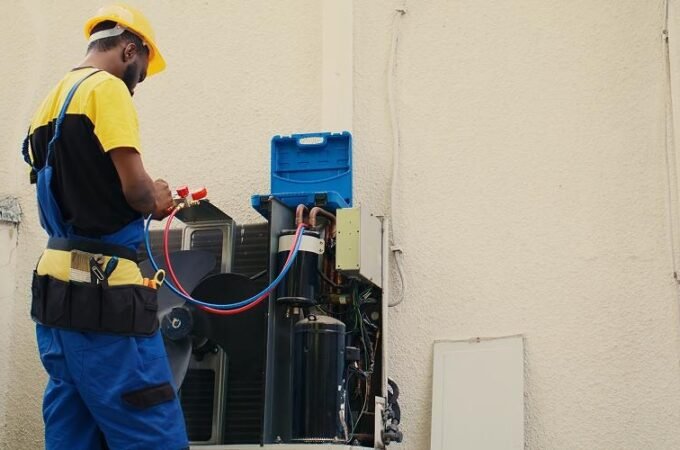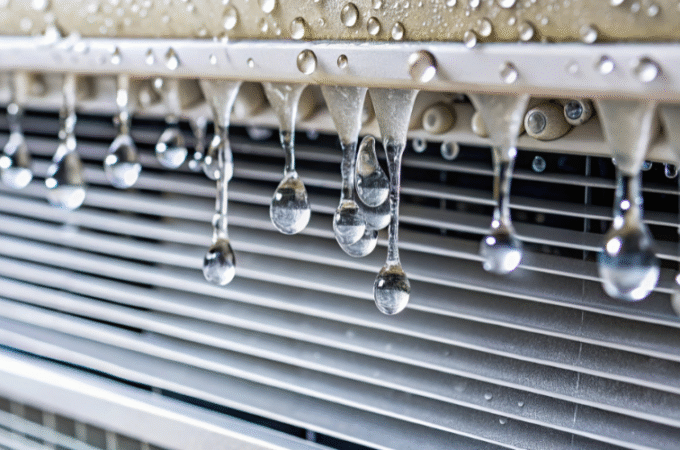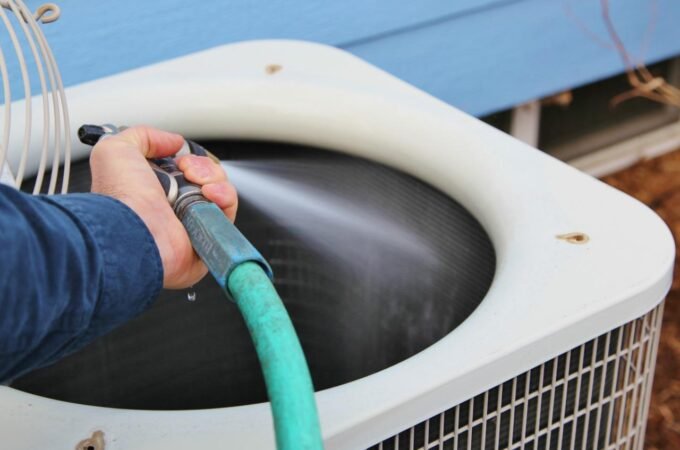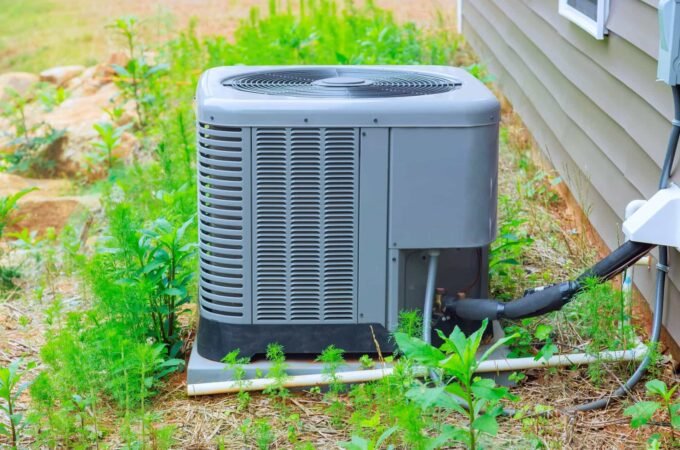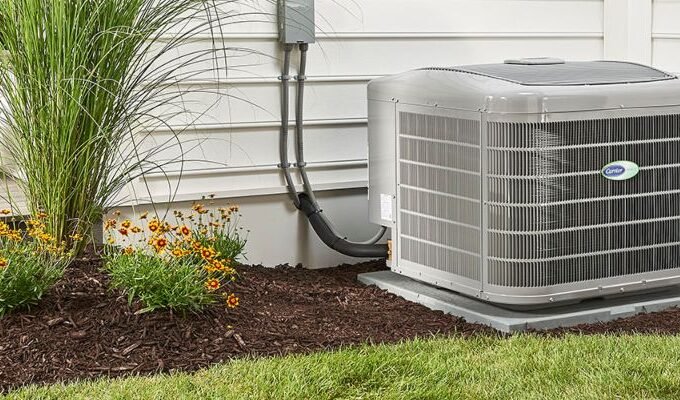
Why Indoor Air Quality Testing Matters in Every Aircon Maintenance Plan
Indoor air quality has become a key consideration in the city-state’s humid, urban environment, where most residents spend the majority of their time in air-conditioned spaces. Yet, many households and businesses overlook the importance of indoor air quality testing services as part of their regular air conditioning maintenance plan. While air-conditioning systems regulate temperature, they also circulate air that can accumulate pollutants, allergens, and microorganisms over time. Incorporating air quality testing ensures that the system delivers not only cooling efficiency but also a healthy environment for occupants.
Table of Contents
ToggleThe Link Between Air Conditioning and Indoor Air Quality
An air-conditioning unit does more than cool a room; it directly affects the purity of indoor air. Dust, bacteria, mould spores, and volatile organic compounds (VOCs) often accumulate in ducts, filters, and evaporator coils. These pollutants, without periodic inspection, are redistributed each time the air conditioner runs. Professional aircon contractors are increasingly integrating air quality testing into their maintenance routines to identify contaminants early and prevent long-term health effects. Testing provides measurable data on airborne pollutants, helping technicians make informed decisions about deep cleaning, part replacements, and ventilation improvements.
The stakes are even higher for commercial premises such as offices, retail outlets, or healthcare facilities. Poor indoor air quality can contribute to respiratory discomfort, fatigue, and reduced productivity among staff. Regular testing ensures that HVAC systems comply with building standards and environmental health regulations, maintaining both operational efficiency and occupant safety.
Detecting Problems Before They Escalate
Many air-conditioning issues start invisibly. Mould growth within ducts, excessive humidity, or refrigerant leaks can go unnoticed until they cause major problems. Indoor air quality testing services act as an early warning system, detecting signs of contamination that may not be visible during standard servicing. Parameters such as carbon dioxide levels, particulate matter, and relative humidity provide insight into system performance and overall air health.
Once an air conditioning contractor performs these tests, they can identify whether poor air quality stems from filtration inefficiencies, improper ventilation, or system malfunction. Addressing these concerns early reduces the need for costly repairs and prevents secondary issues such as corrosion or mould damage within walls and ceilings. This proactive approach extends the lifespan of air-conditioning equipment and safeguards the well-being of occupants.
Compliance and Corporate Responsibility
Air quality management is not merely a comfort issue for businesses; it is part of corporate responsibility and compliance. Facilities managers in commercial buildings and industrial spaces are required to maintain healthy indoor environments under various environmental and safety standards. Incorporating indoor air quality testing services within routine air conditioning maintenance demonstrates a commitment to staff welfare and environmental sustainability.
A qualified aircon contractor provides documentation and reports that help companies meet compliance benchmarks, whether for BCA Green Mark certification or internal workplace safety audits. Beyond meeting regulations, investing in IAQ testing enhances brand reputation and signals that an organisation values health, safety, and long-term asset preservation.
Enhancing Efficiency and Energy Performance
Clean air systems operate more efficiently. Dust and debris accumulation restrict airflow, forcing compressors and fans to work harder, which increases electricity consumption. Technicians can identify and remove obstructions that hinder performance by integrating air quality checks into maintenance plans. This process not only improves indoor comfort but also reduces operational costs over time.
Furthermore, IAQ data can guide the adoption of advanced air-cleaning technologies such as HEPA filters, UV sterilisation systems, or ionisation units. These upgrades, often recommended by professional air conditioning contractors, improve both efficiency and cleanliness, leading to a more sustainable air-conditioning strategy.
Conclusion
Indoor air quality is not a secondary concern; it is integral to the performance and longevity of every air-conditioning system. Incorporating indoor air quality testing services into routine maintenance ensures that both comfort and health standards are upheld in residential, commercial, and industrial environments. A reputable aircon contractor can identify invisible risks, optimise system performance, and provide peace of mind that every breath taken indoors is clean and safe.
Contact Newway to ensure your home or workplace breathes cleaner, healthier air.

